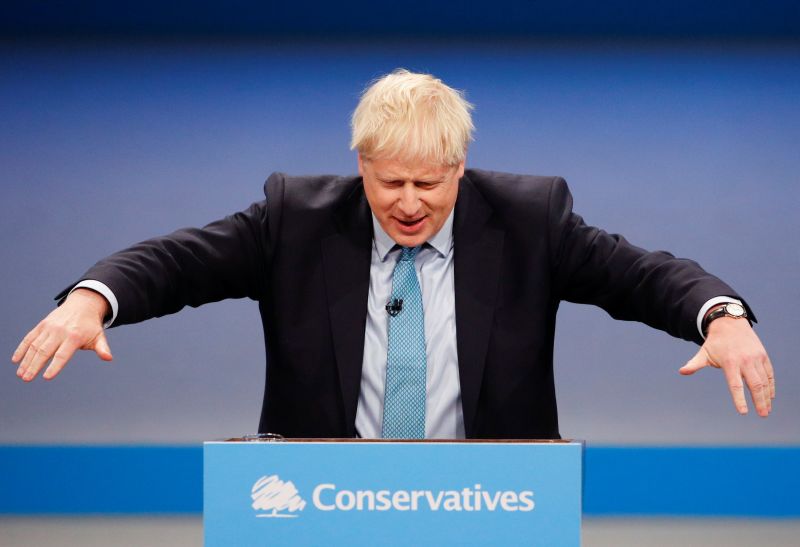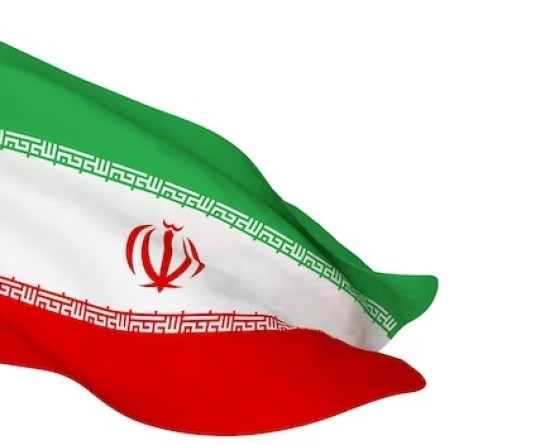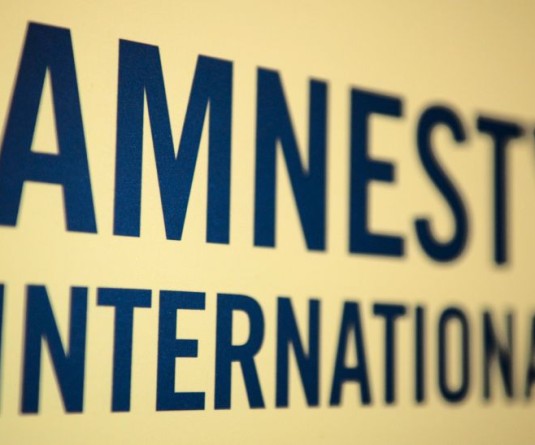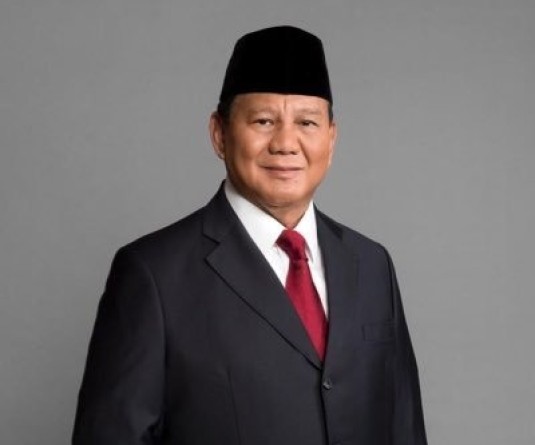PM Johnson, urging compromise, makes final offer to break Brexit deadlock

British Prime Minister Boris Johnson gestures as he gives a closing speech at the Conservative Party annual conference in Manchester, Britain on October 2. (REUTERS Photo)
MANCHESTER, England, October 2 (Reuters): Prime Minister Boris Johnson urged the European Union on Wednesday to compromise after Britain came up with its final offer to try to secure a Brexit deal, promising he would not be deterred from leaving on Oct. 31.
In his closing speech at the Conservative Party's annual conference, Johnson stuck to his hard line on Brexit, giving the party faithful some of the first, albeit vague, details of what he described as his "constructive and reasonable proposals".
With his firm Brexit deadline moving ever closer, his aides said the proposals, aimed at unlocking talks with Brussels, were his final gambit to try to break the Brexit deadlock and find a path to a smooth departure from the EU.
But a senior British official said if Brussels did not engage, Britain would be ready to leave on Oct. 31 without a deal - an exit some businesses say could tip the world's fifth largest economy into recession, disrupt trade and deter investment.
"We are coming out of the EU on October 31, come what may," Johnson told party members, after expressing "love" for Europe in a speech which focused mostly on domestic issues such as health, the economy and crime.
"We are tabling what I believe are constructive and reasonable proposals which provide a compromise for both sides," Johnson said. "Let us be in no doubt that the alternative is no deal."
EU diplomats and officials in Brussels, reacting to earlier British media reports on what the proposal contained, called it "fundamentally flawed".
"If it's take it or leave it, we better close the book and start talking about the modalities of an extension," a senior EU official told Reuters.
Johnson said Britain had compromised in putting forward a proposal to try to change the so-called backstop, an insurance policy to ensure there is no return to a hard border between the British province of Northern Ireland and EU member Ireland.
Britain would "protect the existing regulatory arrangements for farmers and other businesses on both sides of the border" while Northern Ireland would leave the bloc alongside the rest of the United Kingdom.
"I hope very much that our friends understand that and compromise in their turn," said Johnson, who took office in July after Theresa May stood down.
NO DEAL?
Quitting the EU is Britain's most significant geopolitical move since World War Two.
But with less than a month to the scheduled departure date it is still uncertain if it will leave with a deal or without one - or even not leave at all.
Many EU diplomats fear the United Kingdom is heading towards a no-deal or another delay as they say the British proposals are not enough to get an agreement by Oct. 31. Johnson said further delay was "pointless and expensive".
However, parliament has passed a law stating that Britain must request a delay if it does not have a deal by mid-October and Johnson has not revealed how he plans to get around that.
Brexit has deeply divided the United Kingdom and left British politics in turmoil for more than three years. In the June 23, 2016 referendum, 17.4 million voters, or 52 percent, voted for Brexit while 16.1 million, or 48 percent, backed staying in the bloc.
A senior British government official said: "The government is either going to be negotiating a new deal or working on no deal - nobody will work on delay."
Giving little detail on his proposals, Johnson said there would be no checks at or near the Irish border. He said London would respect the 1998 peace agreement that ended three decades of conflict in the province. He did not explain how.
"By a process of renewable democratic consent by the executive and assembly of Northern Ireland," Johnson said. "We will go further and protect the existing regulatory arrangements for farmers and other businesses on both sides of the border."
He said the United Kingdom "whole and entire" would withdraw from the EU, with London keeping control of its own trade policy from the start. He said technology could offer a solution but gave no specifics.
With the EU already pouring cold water on some of the reports of his proposal, the likelihood of a no deal appears to be rising - something Johnson's opponents say they believe is the prime minister's overiding goal.
John McDonnell, finance policy chief for the opposition Labour Party, described Johnson's proposals as "a cynical attempt to force through a no-deal Brexit".
Johnson has repeatedly said he wants a deal, and his aides suggested he simply wanted the EU to engage with the proposal to try to open further talks on a possible agreement.
"We will keep fighting to respect the biggest democratic vote in British history," the senior UK government official said. "The EU is obliged by EU law only to negotiate with member state governments, they cannot negotiate with parliament, and this government will not negotiate delay."





